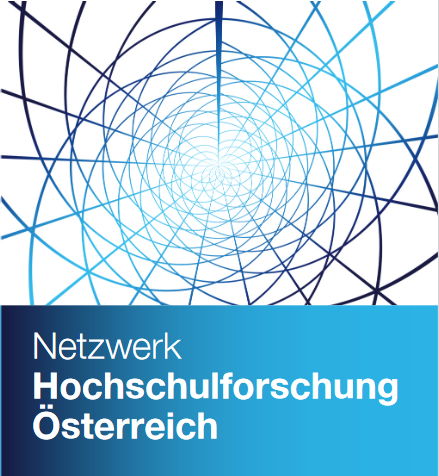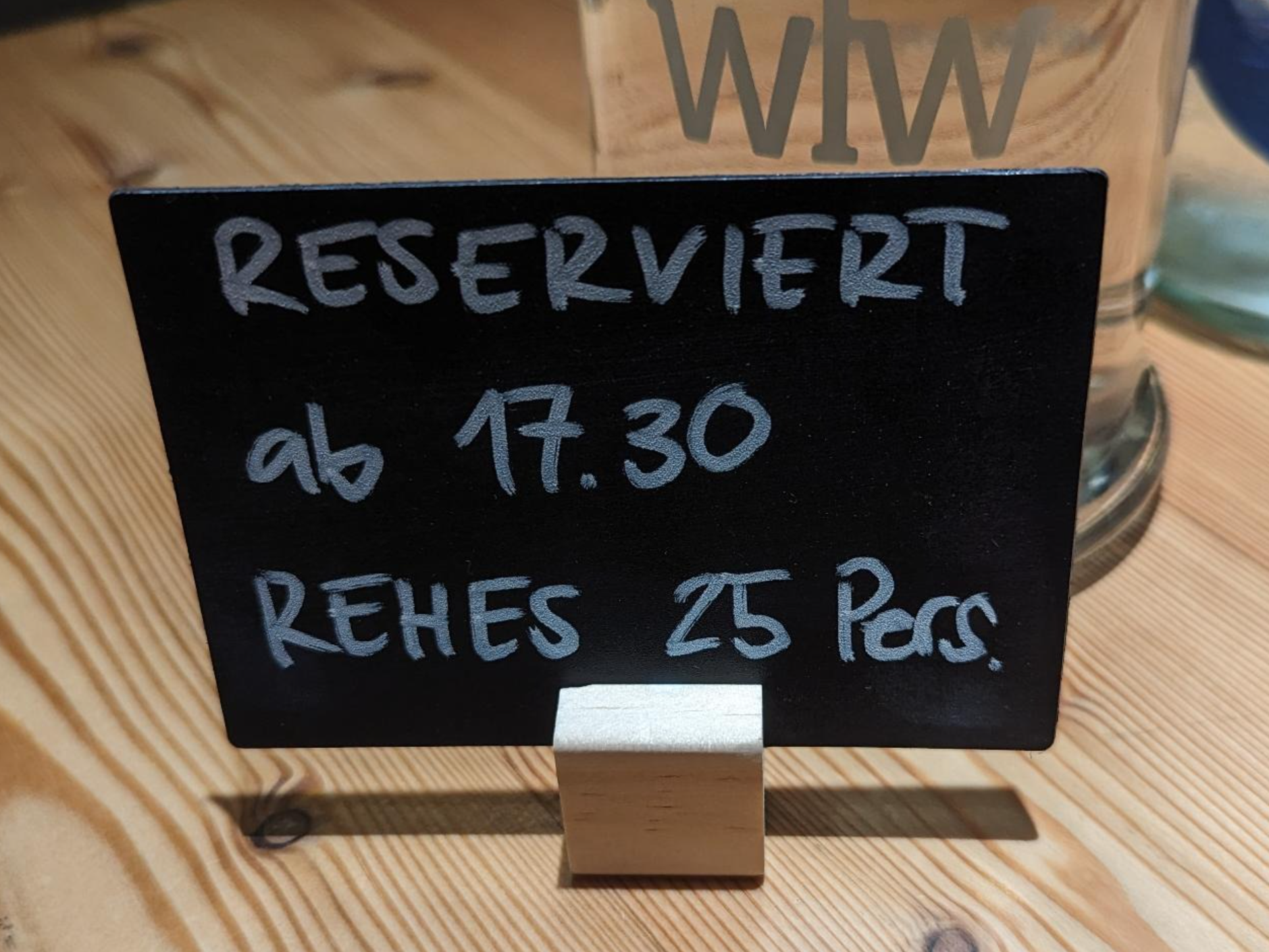REHES V

On the 2nd-3rd of November, the Lucerne University of Applied Sciences and Arts (HSLU) hosted the fifth REHES conference. This year, the impact of research on higher education beyond the so-called ivory tower was center stage.
In fact, the conference opened with a keynote from Georg Lutz, Director of the Swiss Centre of Expertise in the Social Sciences (FORS), who shared his insights on how scientific findings can find their way into policymaking. In times when governments and funding agencies increasingly expect research to lead to impacts, professor Lutz gave his analytical take on some major challenges a beneficial communication between researchers and non-academic stakeholders such as policymakers is facing. Needless to say, he also gave some useful tips on how scientists can deal wisely with these challenges and make their voices heard. Interventions from the audience emphasized the need to consider policymakers’ priorities and political agendas.
The panel, moderated by Christine Böckelmann (HSLU), brought together various perspectives to address the impact of higher education research on policy. It included Lukas Baschung, Associate Professor at HES-SO (Researcher’s perspective), Franziska Föllmi-Heusi, Director of the Schwyz Hospital and candidate for the National Council in 2023 (Politics and economics perspective), Markus Hodel, previous rector of HSLU (Higher education institutions’ perspective), and Daniel Schönmann, Head of Office for higher education at the Canton of Bern (public administration’s perspective). All agreed that higher education research is key to enhancing the quality of the higher education system. However, the lack of suitable financing support in Switzerland needs to be addressed.
National and local media channels could also foster the impact of research. Franziska Meister from the Zurich-based newspaper WOZ Die Wochenzeitung delivered a session on what researchers should know about science journalism. She notably emphasized how science journalists and researchers are both driven by curiosity and could benefit from each other. However, she took the firm position that it is not the job of journalism to publicize research; rather, she sees its task as critically reflecting on research.

On the second day, members of the REHES community could present their latest work in the wide area of higher education and science research, with topics ranging from higher education institutions’ digital transformation and internationalization strategies to students’ admission and experiences.
We thank all panellists and presenters for their valuable insights into various facets of higher education and research, and the HSLU team for the smooth organization and moderation of the event.
The REHES conference was also the occasion to have our annual General Assembly and reflect on our achievements and future endeavors, including sustained collaborations with similar networks abroad. For the latter, we had the privilege to learn from and exchange with Attila Pausits, spokesperson of the Austrian Network for Higher Education (HOFO).

Finally, the General Assembly witnessed a change in the coordinator team of REHES. In charge of the network since its foundation, Christian Wassmer (Zurich University of Applied Sciences) and Luca Tratschin (State Secretariat for Education, Research and Innovation) passed the torch to the newly elected coordinators Christian Leder (University of Zurich) and Marco Cavallaro (Università della Svizzera italiana).
We wholeheartedly thank Christian Wassmer and Luca Tratschin for their commitment and leadership throughout the years, and for successfully bringing together researchers working on higher education across disciplines, institutions, and linguistic regions.
The new coordinator of REHES Christian Leder announced that the next REHES conference will take place in Zurich, on 29-30 August 2024, on the occasion of the 10th anniversary of the University of Zurich’s Center for Higher Education and Science Studies (CHESS).
We already look forward to seeing many of you there!